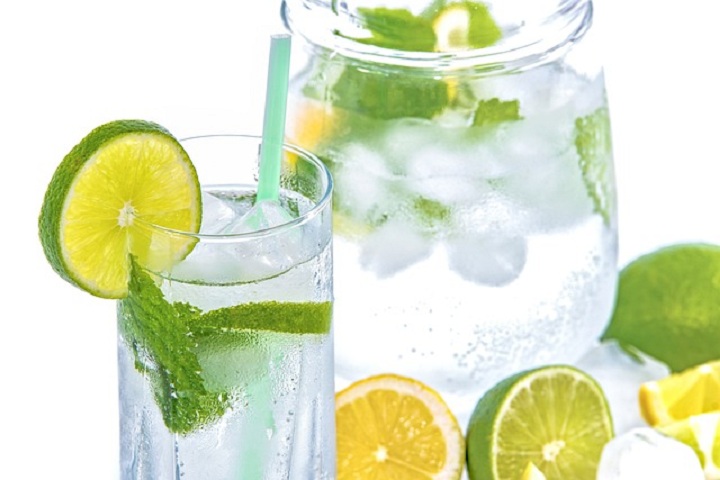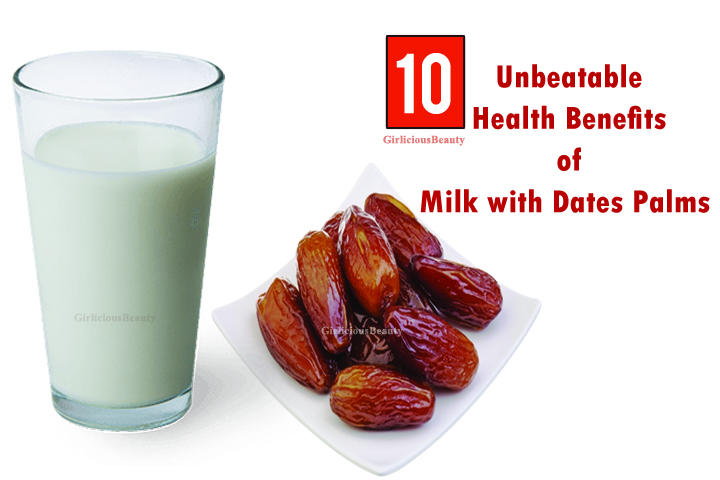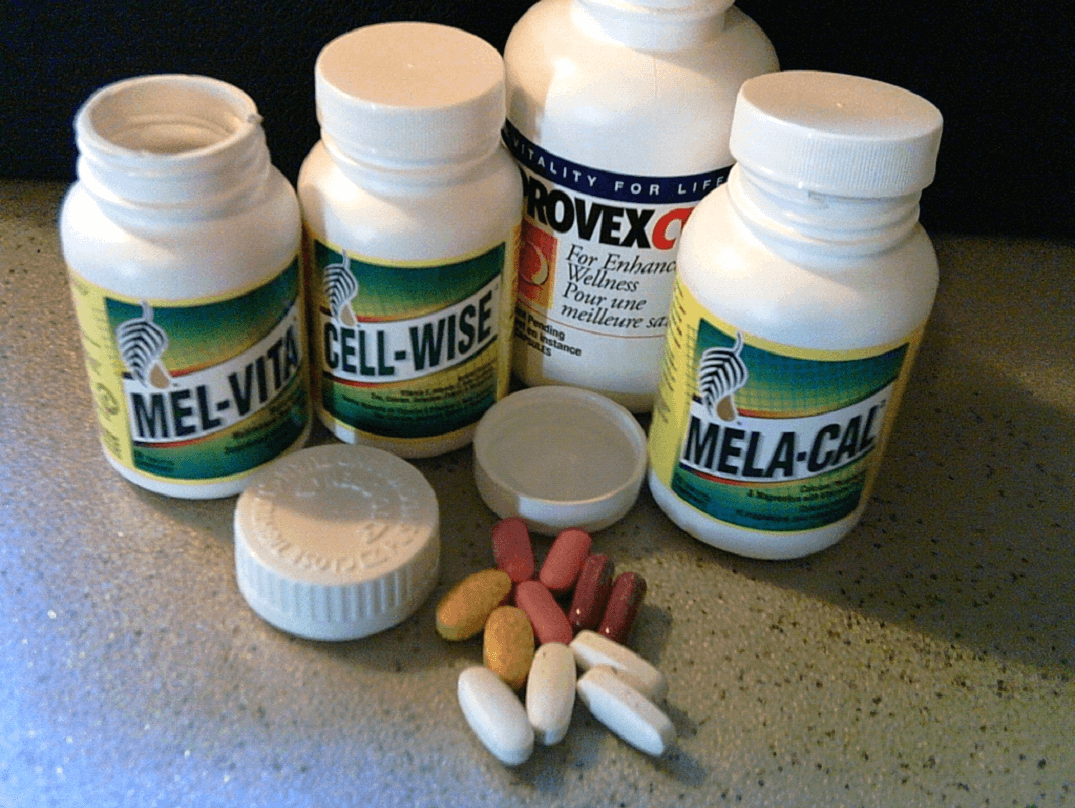Hydration is a vital component for every human on the planet. It is essential for our physiological health and well-being. It is any substance that makes up the body’s water content. The body can only absorb liquids, so they must be in the gastrointestinal tract. Two unique types of drinks are sweat and urine. Sweat is an excretion that evaporates from the surface of our skin as a liquid and runs into every limb, supplying our body with hydration. Urine is the fluid that we eliminate mostly during urination, and it contains all the water needed to function the kidneys properly.
Hydration can be done by drinking bottled water or simply getting a glass of tap water and drinking it during your regular routine. Every person should drink about eight glasses of water per day; this should be enough for healthy functioning and to prevent the body from dehydration. You can also apply water to your skin through different types of showering, such as baths, showers, and spas.
1. It Lubricates the Joints
The joint of the body is made up of cartilage and lubricants such as synovial fluid. It is a type of fluid that helps in transmitting force from one part to other parts. Lubricants such as synovial fluid are vital for keeping your proper joint functioning. If you don’t have enough lubricant, you will experience pain and stiffness when performing any physical activity. As a result, the joints become so stiff that it becomes hard for them to perform their functions effectively without causing pain and discoloration. It is essential to replenish your body’s lubricant to reinvigorate your movement capabilities.
2. It Moisturizes the Skin
The skin is a part of the body that absorbs all nutrients for the body to use and grow. Our skin also produces oil as a natural cleaning solution that helps remove toxins from our bodies. These oils are essential for nourishing and making skin soft and smooth. With all these skin functions, it is vital to keep it moisturized to prevent dry and flaky skin. Without moisturizing your skin, you will experience a lot of itching, which can also lead to rashes.
3. It Keeps the Digestive System Healthy
The body’s organs are vital for providing nutrients to the cells and circulating them to every part of the body. Thus, lacking enough nutrition and fluids in your digestive system can lead to serious health problems such as constipation, anemia, and several other health problems. Improper digestive system functioning leads to several diseases that can be avoided by having enough hydration in your body. It is also essential for providing warmth to our organs and ensuring they remain active during cold weather. A double-wall insulated water bottle is a convenient way to carry water wherever you go at work or in your car. It keeps the water cold or hot for several hours and keeps the water from evaporating. It also helps to keep your drinks nice and fresh. The best way to care for your hydration is by drinking enough water daily at the right temperature.
4. It Prevents Dehydration
Dehydration is any condition that occurs when you have a lack of water in your body. Not enough water can lead to dehydration and other health problems, such as dizziness, fatigue, headaches, and other health problems. It can also lead to premature wrinkling of the skin because it doesn’t have enough moisture to keep the tissue and skin elastic. It is important to regulate your water consumption according to your hydration levels to stay healthy. Drinking enough water can also prevent you from developing health problems due to dehydration.
5. It Provides Heat
Every organism needs heat to maintain its temperature. Heat is formed by the metabolic processes that take place in the body. It keeps our skin from getting cold during cold weather seasons and the internal organs active during cold weather seasons. The cells of our body need liquid to stay active and to generate body heat. Our cells work faster as they have enough liquids in their environment. This is also vital for preventing diseases because it provides the necessary fluids to the body organs affected by diseases.
6. It Regulates Blood Pressure
When blood pressure is higher than normal, it can lead to a greater risk of experiencing a heart attack or having a stroke later on in life, especially if you are predisposed to high blood pressure problems. Your heart pumps blood through the body to every part of your body for the cells to get nutrients and oxygen. Thus, when a person has a water deficiency, it can lead to higher blood pressure because the heart has to work harder to supply enough blood and oxygen for the cells in every part of the body.
7. It Helps Fight Infection
Water is a solvent that helps dissolve other bodily substances, such as minerals, salts, and proteins. Enough water is vital for breaking down materials so they can be flushed out of your system through urination. Water also helps flush toxins and harmful substances in the body; this is vital for protecting against toxic substances entering the body. Water is also essential for making antibodies to fight against infections in our bodies.
8. It Creates Antioxidants
Antioxidants are essential for fighting against free radicals, which are molecules that cause damage to our cells and tissues. Antioxidants help the healing process by assisting our immune system against these harmful pathogens. Consuming enough water daily is essential for creating an environment that will help your cells and tissues fight against infections and injuries.
9. It Helps to Balance the pH Level
The alkaline-acid balance in our body helps to keep the cells in our bones and tissue healthy. If our body lacks enough water, it can lead to an imbalance in the pH level in our bodies, which is vital for keeping bone density healthy. This can also lead to experienced pain and stiffness, and other health problems that can be avoided by having a healthy pH balance.
10. It Assists in Preventing Diabetes
Diabetes is a disease that leads to high blood sugar levels and frequent urination. It would be best to drink plenty of water to reduce the risk of developing diabetes. Water is also essential for stabilizing your blood sugar levels, thus preventing them from increasing or decreasing in frequency. If you are dehydrated, you will experience headaches during extreme thirst if the body doesn’t have a sufficient amount of water.
11. It Keeps the Heart Healthy
The heart is one of the most important organs in our body. It keeps us alive and performs every activity we do, such as breathing and digesting food. Every organ in our body needs blood supply to maintain its health status to function effectively. If enough blood is not provided to the organs, they will deteriorate. As a result, the overall functioning of the organ will be affected, which can lead to diseases such as heart failure and heart attack.
Conclusion
Water is a vital component of our bodies to maintain good health and prevent diseases. Drinking enough water daily will ensure you have the fluids needed for your organs to work productively and effectively for your body. Remember that you should drink enough water to keep your body at a level that will not dehydrate. Drinking water with electrolytes, especially if you are participating in sports, is beneficial because it can help replace lost minerals and electrolytes due to sweating during training sessions. Drinking at least half a glass of water after every meal can assist your digestive system in removing unwanted toxins from the body and provide fluids to the working muscles and organs to keep them running efficiently.






